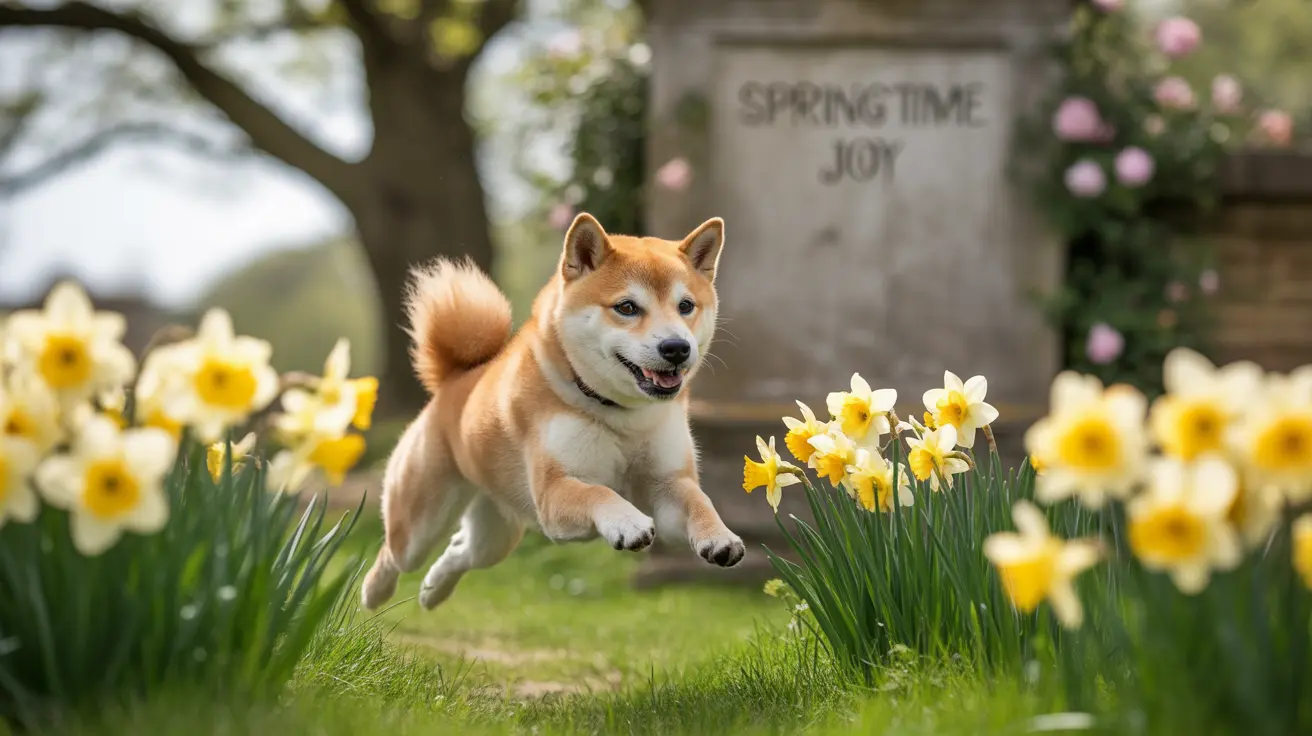If you've ever wondered why your furry friend makes those distinctive groaning sounds, you're not alone. Dogs communicate through various vocalizations, and groaning is a common way they express their feelings, needs, and physical state. Understanding these sounds can help you better care for your four-legged companion and recognize when they need attention or medical care.
The Different Types of Dog Groaning
Dogs express themselves through various types of groaning sounds, each carrying its own significance. When your dog is feeling content and relaxed, they might emit low, pleasant moans - particularly during belly rubs or while settling into their favorite spot. These sounds often indicate satisfaction and comfort.
Conversely, higher-pitched groans might occur during playtime when your dog is excited or anticipating something enjoyable. Some dogs also use groaning as an attention-seeking behavior, essentially "talking" to their owners when they want something specific.
Medical Reasons Behind Dog Groaning
While many groaning sounds are harmless, some can indicate underlying health issues. Senior dogs commonly groan due to arthritis or joint pain, especially when lying down or getting up. This type of vocalization often increases during cold weather or after physical activity.
Other medical conditions that may cause groaning include:
- Abdominal discomfort or bloating
- Growing pains in young puppies
- Acid reflux or digestive issues
- Internal injuries or inflammation
- Age-related cognitive dysfunction
Emotional and Behavioral Causes
Dogs often use groaning to communicate their emotional state. Anxiety, stress, or changes in their environment can trigger these vocalizations. When experiencing separation anxiety, dogs might groan more frequently, particularly when their owners prepare to leave or when left alone.
Environmental changes such as moving to a new home, introducing new pets, or alterations in routine can also lead to increased groaning as your dog adjusts to the situation.
When to Consult Your Veterinarian
While occasional groaning is normal, certain situations warrant professional attention. Monitor your dog for these warning signs:
- Sudden increase in groaning frequency
- Groaning accompanied by behavioral changes
- Signs of pain or discomfort when touched
- Difficulty moving or reluctance to exercise
- Changes in eating or sleeping patterns
If you notice any of these symptoms, schedule a veterinary check-up to rule out serious health issues.
Frequently Asked Questions
Why do dogs groan, and how can I tell if it's a sign of contentment or discomfort?
Context is key. Contentment groans usually occur during relaxation or petting and are accompanied by loose body language. Discomfort groans often happen during movement and may be accompanied by tension, limping, or other signs of pain.
How can I help my dog if they are groaning due to separation anxiety or stress?
Address anxiety through behavior modification, creating a consistent routine, and providing mental stimulation. Consider consulting a professional trainer or behaviorist for severe cases.
What health issues can cause my dog to groan, and when should I seek veterinary care?
Common health issues include arthritis, digestive problems, and internal pain. Seek veterinary care if groaning is accompanied by changes in behavior, appetite, or mobility, or if it suddenly increases in frequency.
How can I differentiate between normal groaning sounds and signs of pain or illness in my dog?
Normal groaning typically occurs during relaxation or excitement. Pain-related groaning often happens during specific activities, such as getting up or lying down, and may be accompanied by other signs of discomfort.
What steps can I take to reduce groaning caused by arthritis or other age-related conditions in my senior dog?
Maintain a healthy weight, provide joint supplements as recommended by your vet, ensure comfortable bedding, and consider physical therapy or pain management options under veterinary guidance.






